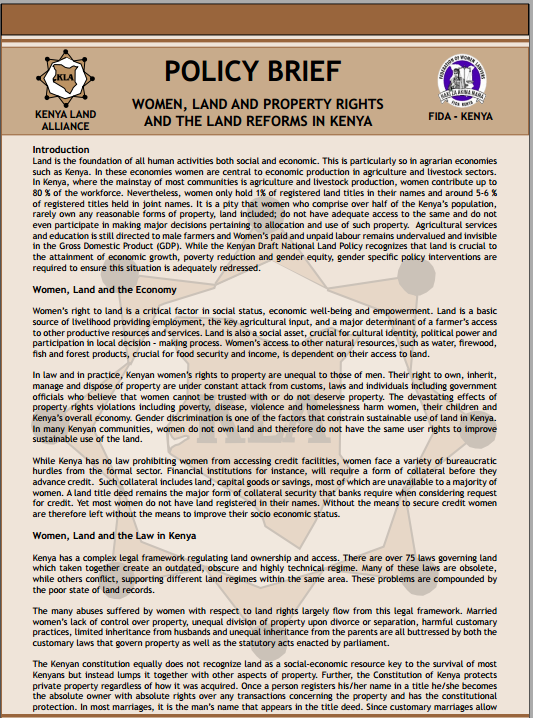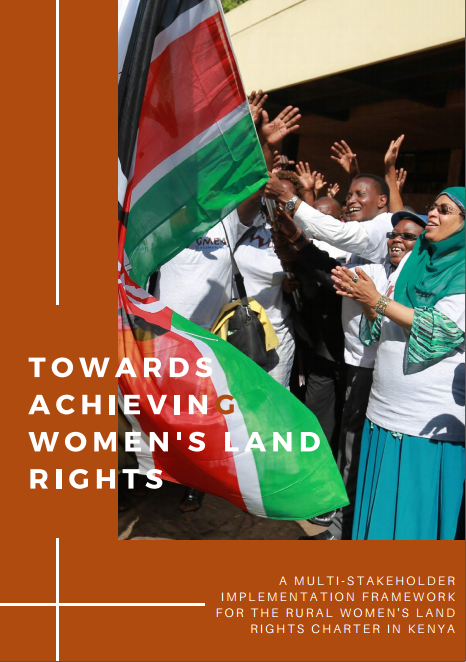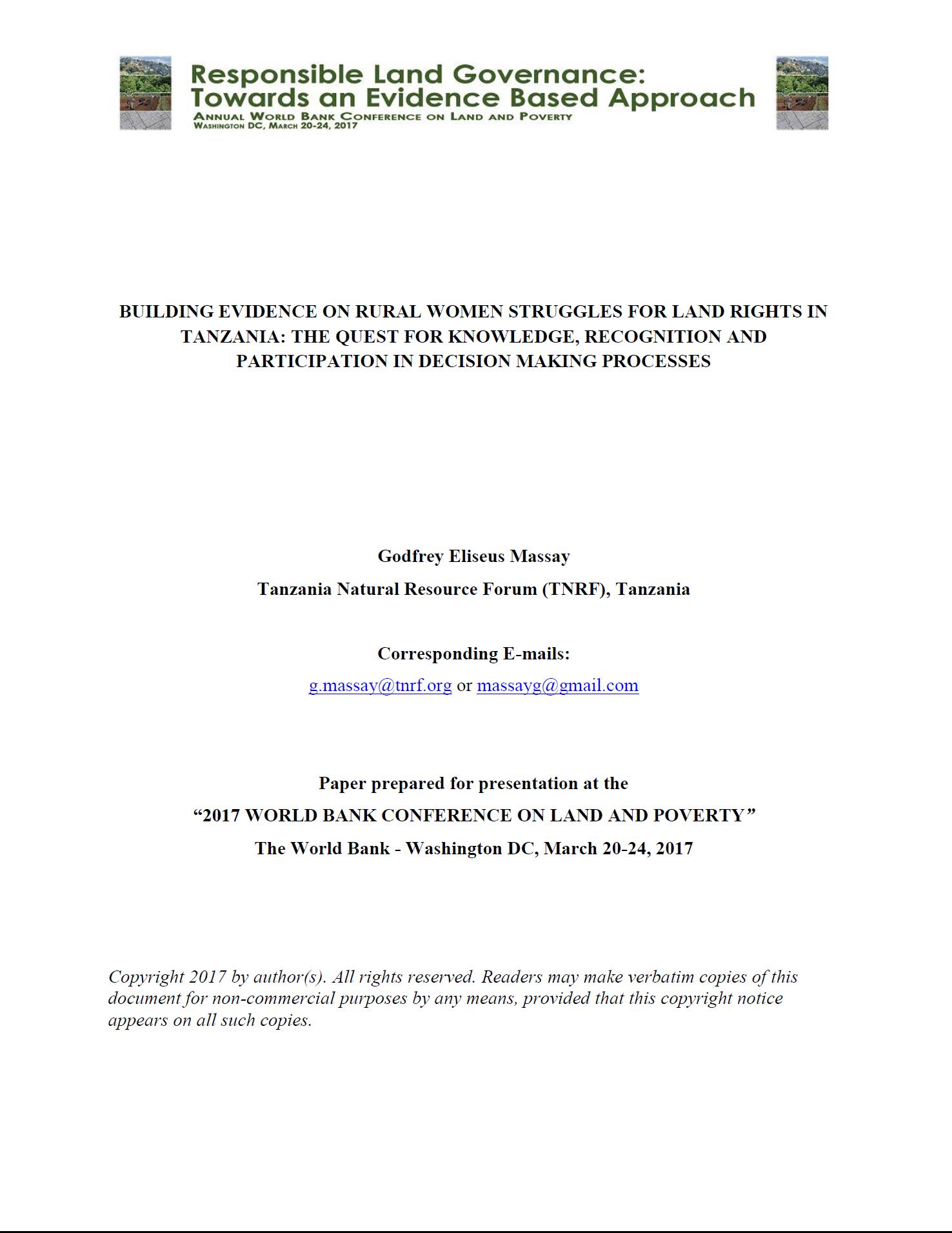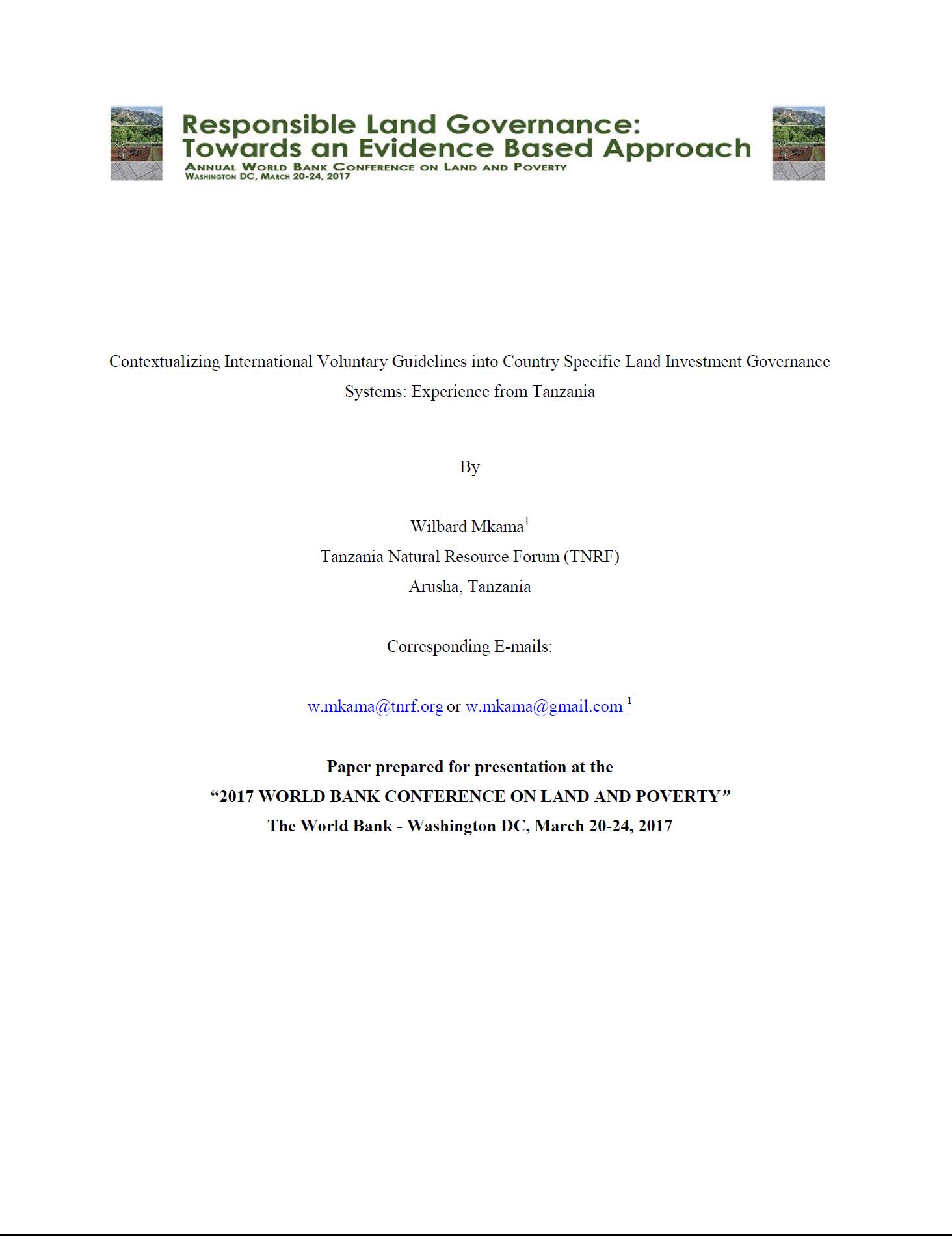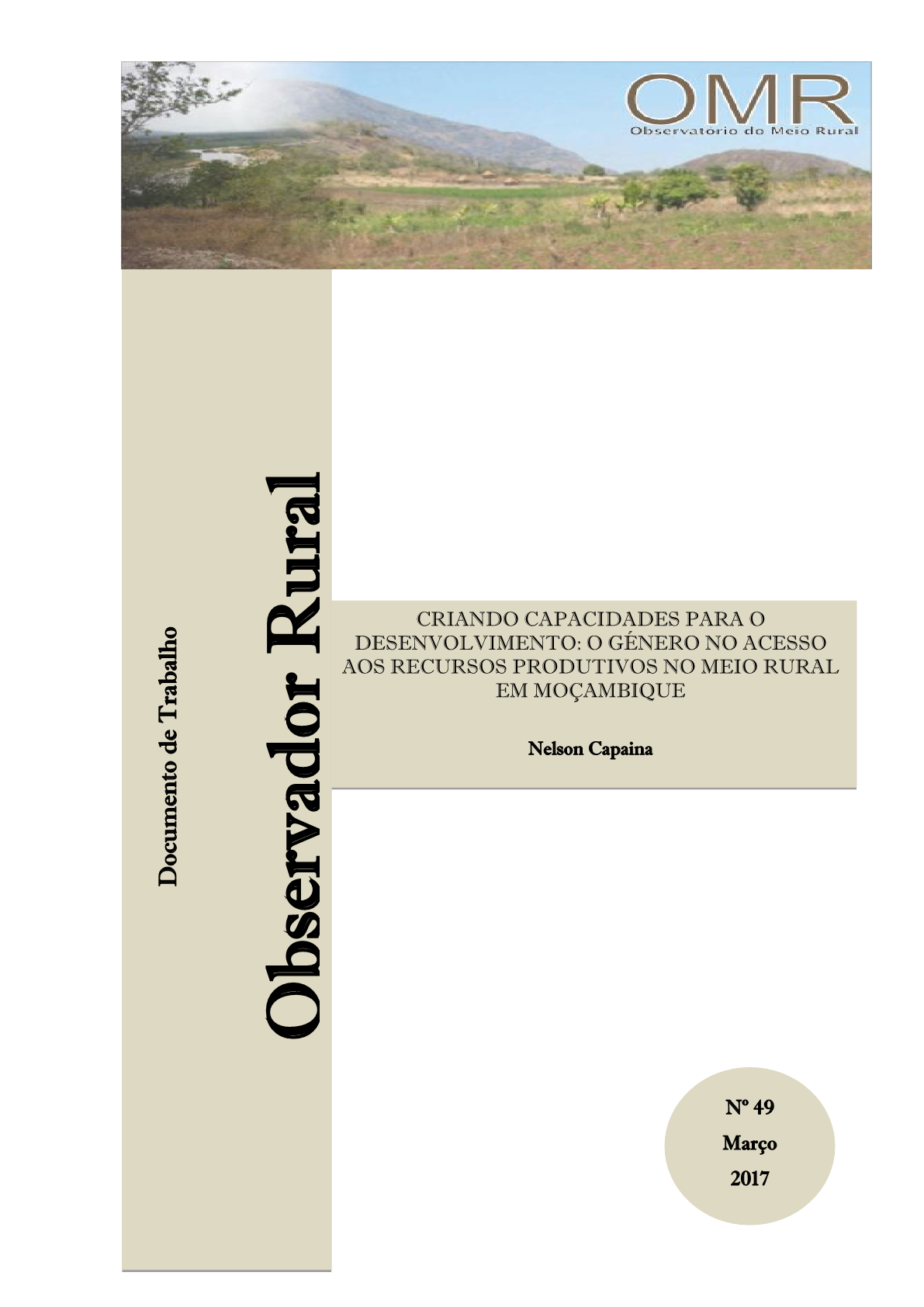Política Institucional de Igualdad y No Discriminación del Instituto Salvadoreño de Transformación Agraria (ISTA) y su Plan de Acción 2016-2020.
El presente documento contiene la Política Institucional de Igualdad y No Discriminación del Instituto Salvadoreño de Transformación Agraria (ISTA) y su Plan de Acción para el período 2016-2020.


